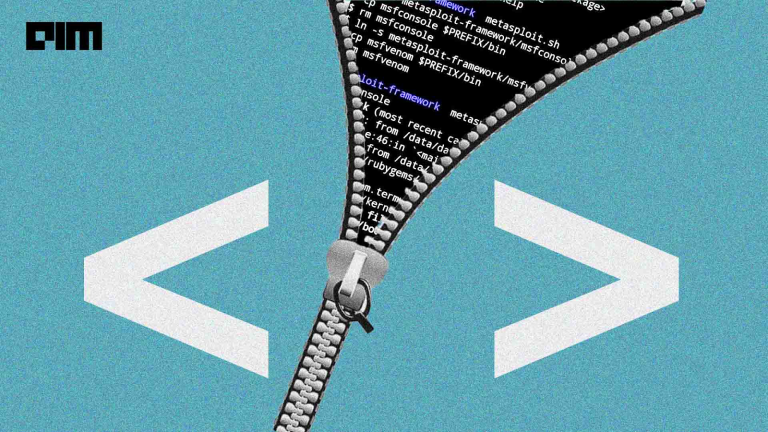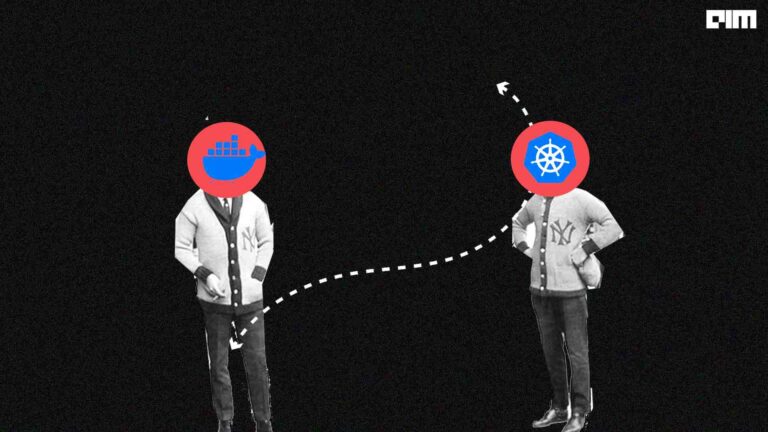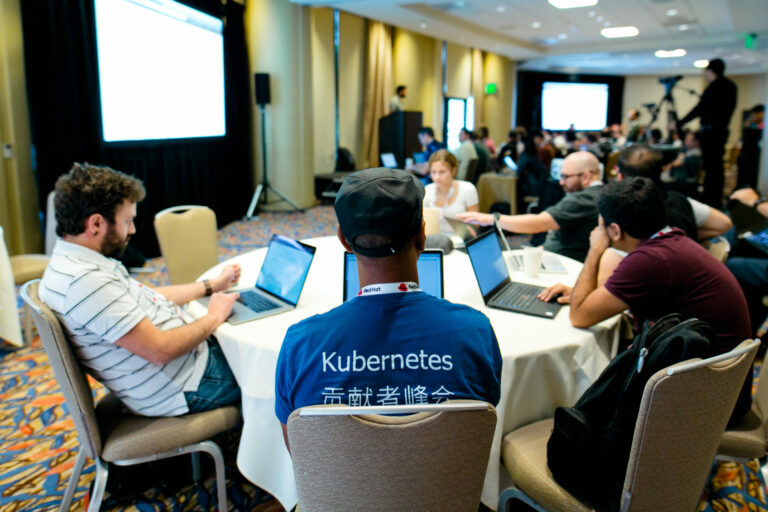Kubernetes is a popular open-source container orchestration platform for automating application deployment, scaling, and management across clusters of hosts. For a few years now, this platform has become an industry standard for deploying containers.
In this article, we list down 9 best alternatives of Kubernetes.
(The list is in alphabetical order)
1| AWS Fargate
AWS Fargate is a compute engine that one can use with Amazon Elastic Container Service (ECS) to run containers without having to manage servers or clusters of Amazon EC2 instances. Fargate removes the need to choose server types, decide when to scale your clusters or optimize cluster packing. It allows a developer to focus on design and build applications instead of managing the infrastructure which runs them.
2| Apache Mesos
Apache Mesos Ap is a cluster manager that provides efficient resource isolation and sharing across distributed applications or frameworks. The Mesos kernel runs on every machine and provides applications such as Hadoop, Jenkins, Spark, Aurora, and other frameworks on a dynamically shared pool of nodes.
3| Cloudify
Cloudify is an open-source cloud orchestration framework. This framework enables a developer to model applications and services and automate the entire life cycle including deployment on any cloud or data center environment, monitoring all aspects of a deployed application, detecting issues and failure, manually or automatically remediating such issues, and performing ongoing maintenance tasks.
4| Docker
Docker is an open platform for developing, shipping, and running applications. Docker enables you to separate your applications from your infrastructure so you can deliver software quickly. This platform provides the ability to package and run an application in a loosely isolated environment known as a container. By taking advantage of Docker’s methodologies for shipping, testing, and deploying code quickly, one can significantly reduce the delay between writing code and running it in production.
5| IronWorker
IronWorker is a solution for handling your container-based workloads. It is an enterprise-grade background job processing system based on Docker. It enables application developers the ability to asynchronously process workloads without having to worry about scaling infrastructure. It runs on public clouds, private clouds, and on-premise and since the code is executed in Docker containers, tasks can be written in any language.
6| Kontena
Kontena Classic is a developer-friendly, open-source platform for orchestrating applications that are run on Docker containers. It simplifies deploying and running containerized applications on any infrastructure. By leveraging technologies such as Docker, Container Linux, and Weave Net, it provides complete solutions for organizations of any size.
7| Nomad
Nomad is a flexible workload orchestrator that enables an organisation to easily deploy and manage any containerised or legacy application using a single, unified workflow. It enables developers to use declarative infrastructure-as-code for deploying applications and can run a diverse workload of Docker, non-containerised, microservice, and batch applications. Its key features include deploying containers and legacy applications, device plug-ins and GPU support, federation for multi-region and multi-cloud, among others.
8| Openshift Container Platform
Red Hat OpenShift offers a consistent hybrid cloud foundation for building and scaling containerized applications. Red Hat OpenShift Container Platform is based on Docker-formatted Linux containers, Google Kubernetes orchestration, and Red Hat Enterprise Linux (RHEL). It provides developers the ability to accelerate application delivery and includes features such as support for standardized containers through the Red Hat APIs for Docker, container orchestration, scheduling, and management at scale with Kubernetes, distributed application platform with container networking, streamlined deployment as well as administration, etc.
9| Rancher
Rancher is an open-source platform which implements a purpose-built infrastructure for running containers in production. Rancher takes in raw computing resources from any public or private cloud in the form of Linux hosts. The key product features of Rancher include cross-host networking, container load balancing, persistent storage services, multi-tenancy & user management, resource management, multi-orchestration engines and much more.


















































































